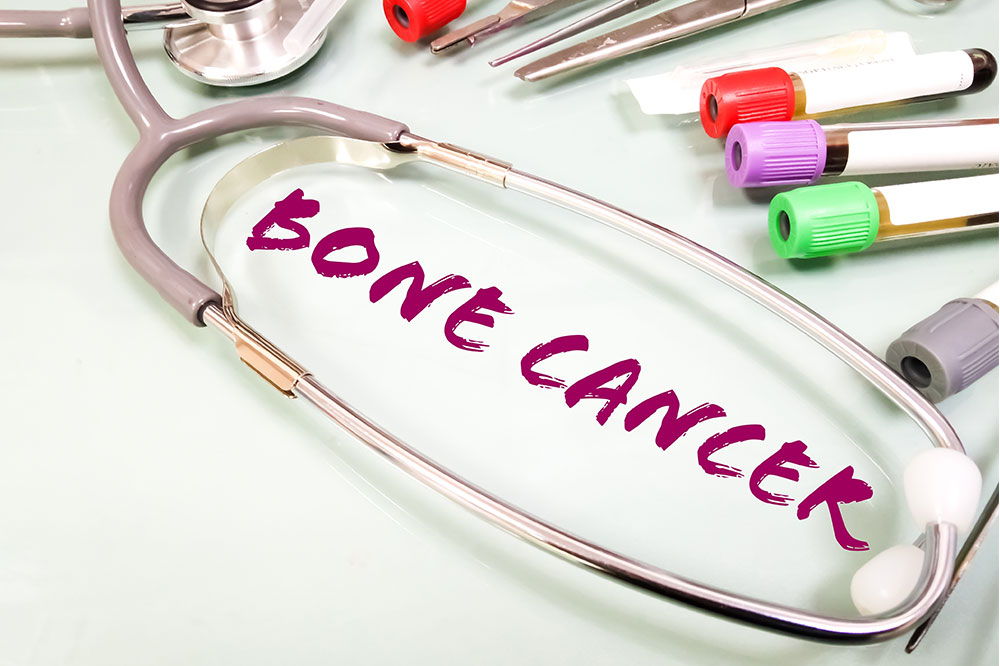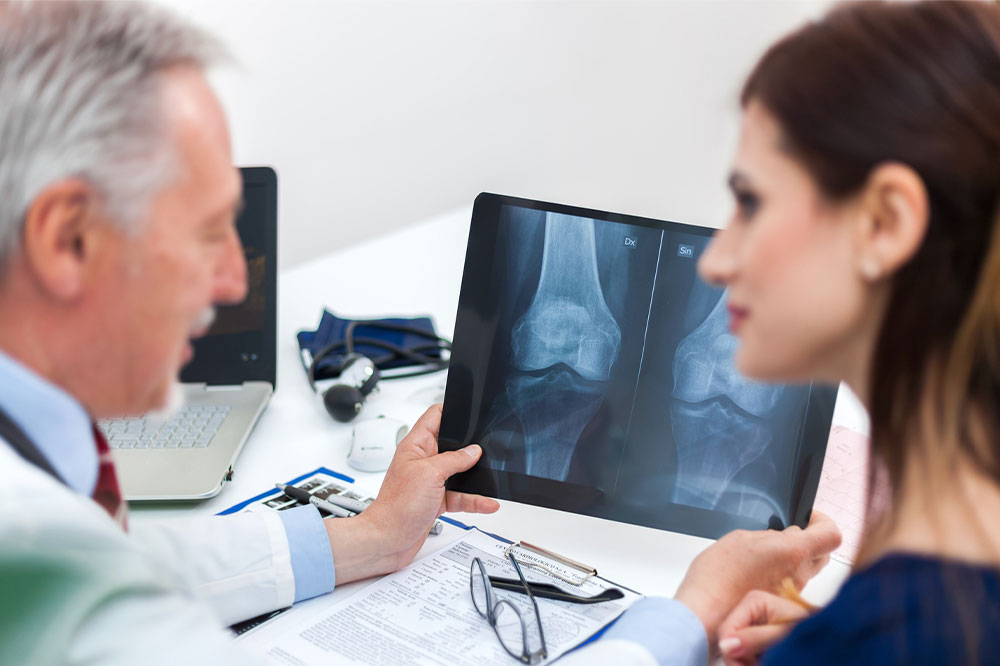8 unusual questions to ask a gynecologist
With the stigma around our sexual health, speaking to a gynecologist about specific issues can be tricky. One of the biggest reasons most of us shy away from asking questions about our sexual health is fear of judgment. It is important to remember that gynecologists are professionals trained to answer all your queries so that you can enjoy optimal health. Here are the most commonly asked ‘embarrassing’ questions at the gynecologist’s office: Does it look normal? Many women often worry about how their vulva looks. Like the rest of our bodies, vulvas come in all different shapes, sizes, and characteristics. There is no one-size-fits-all look, so there is nothing to feel self-conscious about. However, if you notice abnormal changes or growths, talk about them with your gynecologist. Since gynecologists are used to seeing several of them daily, they are the best person to clarify all your concerns. Do I need to shave/wax/groom before my visit? Having to strip down in the gynecologist’s office can be intimidating for many people, especially if it’s your first time. Many women feel they would be judged for their personal grooming practices and hair growth around their vagina. So unless you have a bump or a concerning spot covered by pubic hair, you do not need to worry about having to groom before your visit.
Read More 









